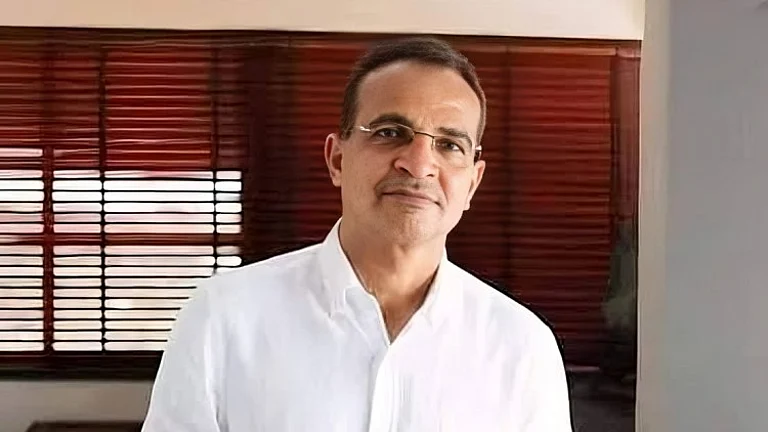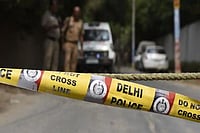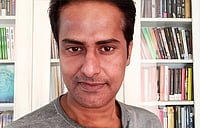The U.N. Security Council on Monday condemned attempts to discredit Iraq's election and deplored the use of violence to settle election-related grievances.
The U.N.'s most powerful body congratulated the Iraqi government and the Independent High Electoral Commission for conducting “a technically well-managed and generally peaceful election” on Oct. 10. It welcomed the findings of the commission and the U.N. political mission in Iraq that partial manual recounts of votes in polling stations matched the reported electronic results.
In the press statement approved by all 15 members, the Security Council reiterated its condemnation of the Nov. 7 assassination attempt on Iraqi Prime Minister Mustafa al-Kadhimi and “the persistent threats of violence” against the U.N. mission, the electoral commission and others.
Al-Kadhimi was lightly injured and seven of his security guards were wounded in the attack on his Baghdad home using at least two armed drones.
There was no claim of responsibility, but suspicion immediately fell on Iran-backed militias that were the biggest losers in last month's parliamentary elections. Supporters of the militias have protested to demand a vote recount, and at least one was killed in clashes with security forces. Many of the faction leaders blame the prime minister for the violence.
Some analysts said the attack aimed to cut off the path to a second term for al-Kadhimi. Iranian militias had been blamed for previous attacks on the Green Zone where the prime minister lives and which also houses foreign embassies.
The Security Council reiterated U.N. Secretary-General Antonio Guterres' call to all political parties, candidates and other stakeholders “to exercise patience and address any outstanding concerns through established legal channels, and to create a post-electoral environment that fosters mutual understanding and national unity through peaceful and constructive dialogue.”
Council members called for “a peaceful and independent judicial review of electoral appeals,” saying U.N. personnel “will continue to monitor any unlawful attempts to undermine the election process.”
Members said they “look forward to the peaceful formation of an inclusive government which would deliver meaningful reforms to address the needs and aspiration of all Iraqis, including women, youth and marginalized communities.”
In the election, Shiite cleric Muqtada al-Sadr who set himself apart from the Iran-backed militias by taking a more nationalistic approach, picked up to 20 additional seats, consolidating its status as the single largest bloc in the 329-member parliament. A Sunni faction headed by Parliament Speaker Mohamed al-Halbousi came in second — a spot the Iranian-backed militias gained in 2018.
Months of negotiations are expected before a coalition representing at least 165 members of parliament can be formed and elect a prime minister.
The elections were held a year early, in line with a promise by al-Kadhimi when he assumed office in 2020 following anti-government protests by tens of thousands of Iraqi youths who rose up in October 2019 in Baghdad and Iraq's south to decry rampant corruption, poor services and unemployment.
Hundreds died as security forces used live ammunition and tear gas to disperse crowds. The protests dwindled following restrictive measures to contain the spread of the coronavirus pandemic.

























